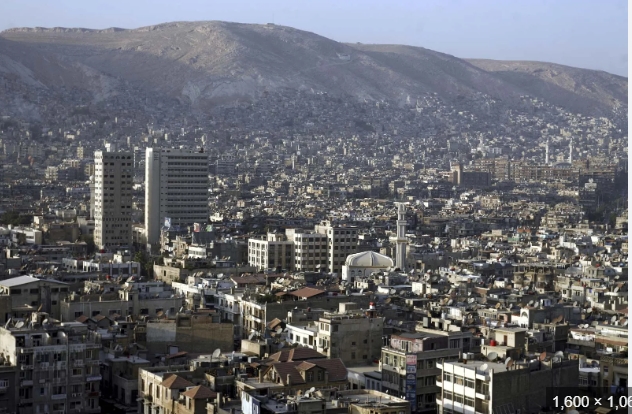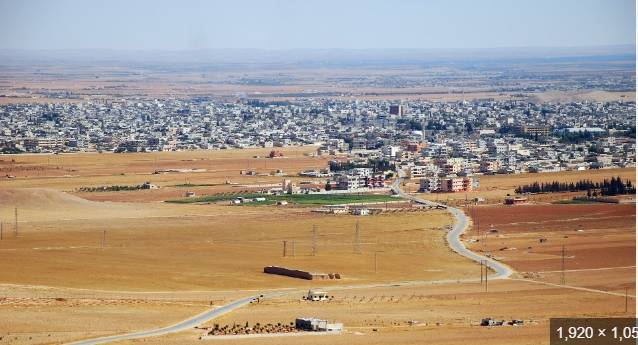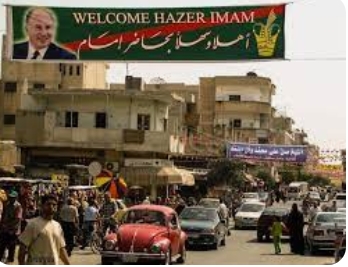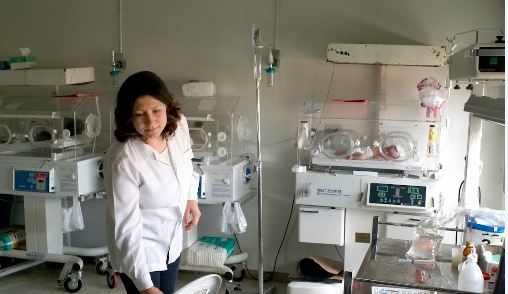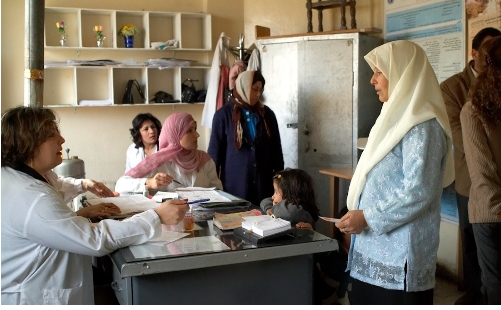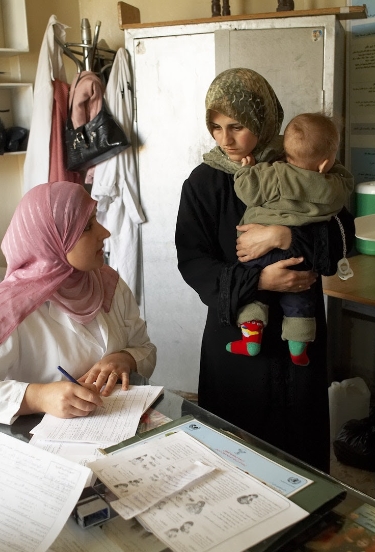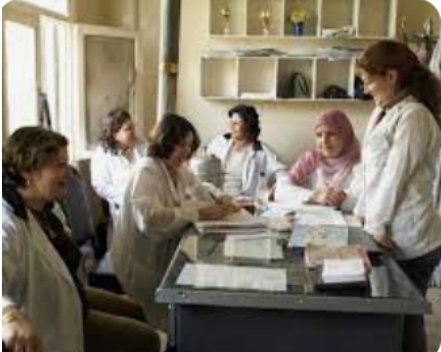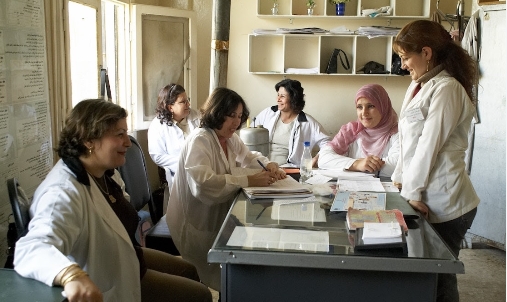Aga Khan Health Services offered in Syria
AKHS-Syria Overview
AKDN has worked to improve health care in Syria sisince 2003.
While some initiatives have had to be suspended during the crisis, others have been inintensified.
We have been improving the quality of care and health management in 28 public primary hehealthcare facilities and the public hospital in Salamieh District since 2003.
The AKDN Health Programme introduced community-based health initiatives that had been defined as priorities by the local community, including child care and development, women’s health and non-communicable diseases.
We have worked to sustain gains in three areas: health systems strengthening (HSS), health promotion and disease prevention, and mass casualty management (MCM). Our objectives are to:
-
support the public health systems to ensure the functioning of essential public health services in the crisis, the provision of good quality public health care and the sustained improvement in the health systems. AKDN complements healthcare service delivery where public primary and secondary healthcare services are unavailable;
-
continue the community health programme of health promotion and disease prevention, but adapted to the current situation. This calls for focusing on building the capacity of communities to cope with emerging health problems, participate effectively in community health initiatives and adopt healthy lifestyles for the long term; and
-
build the capacity of local communities to appropriately perform search, rescue and basic first aid, and ensure a continuum of care and adequate capacity to deal with mass casualties within the district health system, including Salamieh Hospital.
Responding to the COVID-19 Pandemic

